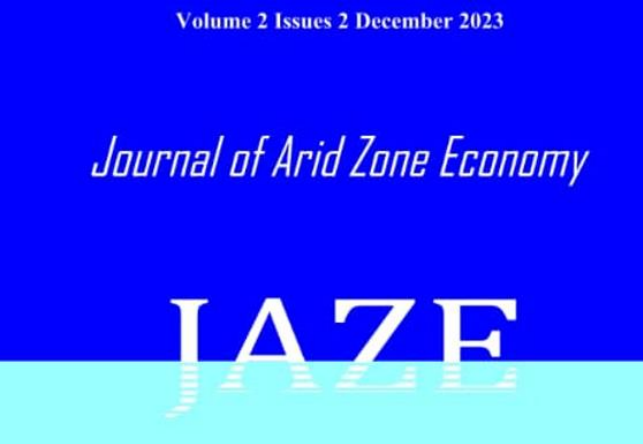Examining the Impact of the Mainstream Central Bank Monetary Policy on Inflation in Nigeria: A Case for an Islamic Approach
Keywords:
Inflation, Monetary Policy Rate, Cash Reserve Ratio, Prime Lending Rate, ARDLAbstract
The study examines the impact of the mainstream Central Bank monetary policy
on inflation in Nigeria while making a case for an Islamic approach. To
document the study, secondary data from 2018-2023 (M1:2018 to M7:2023)
were obtained from the database of Central Bank of Nigeria and National
Bureau of Statistics. The key variables used include, inflation rate (INFL),
Monetary Policy Rate (MPR), Cash Reserve Ratio (CRR) and Prime Lending
rate (PLR). Descriptive and econometric tool specifically the ARDL model was
employed. Finding reveals that all the series with the exception of MPR was
stationary at their first differences and there exists no long-run relationship.
More so, MPR and CRR have a positive relationship to inflation thus making
the policy to be ineffective while PLR which recorded an inverse relationship
to inflation which is consistent with a priori expectation. Furthermore, with the
current state, the study justifies that the application of Islamic monetary policy
will assist in bridging the disconnect between the real and monetary sector,
while eliminating interest, discourage idle funds and restore the value of money
which by extension will boost production, investment, employment and reduce
price level. The study concludes that the current monetary policy has failed to
yield the desired results which necessitate the need for an Islamic approach.
Recommendations were suggested as thus; the Central Bank of Nigeria (CBN)
needs to apply the instruments of Islamic monetary policy so as to buffer the
existing instruments in order to have a robust monetary policy aimed at tackling

Downloads
Published
Issue
Section
License
Copyright (c) 2023 Journal of Arid Zone Economy

This work is licensed under a Creative Commons Attribution 4.0 International License.

